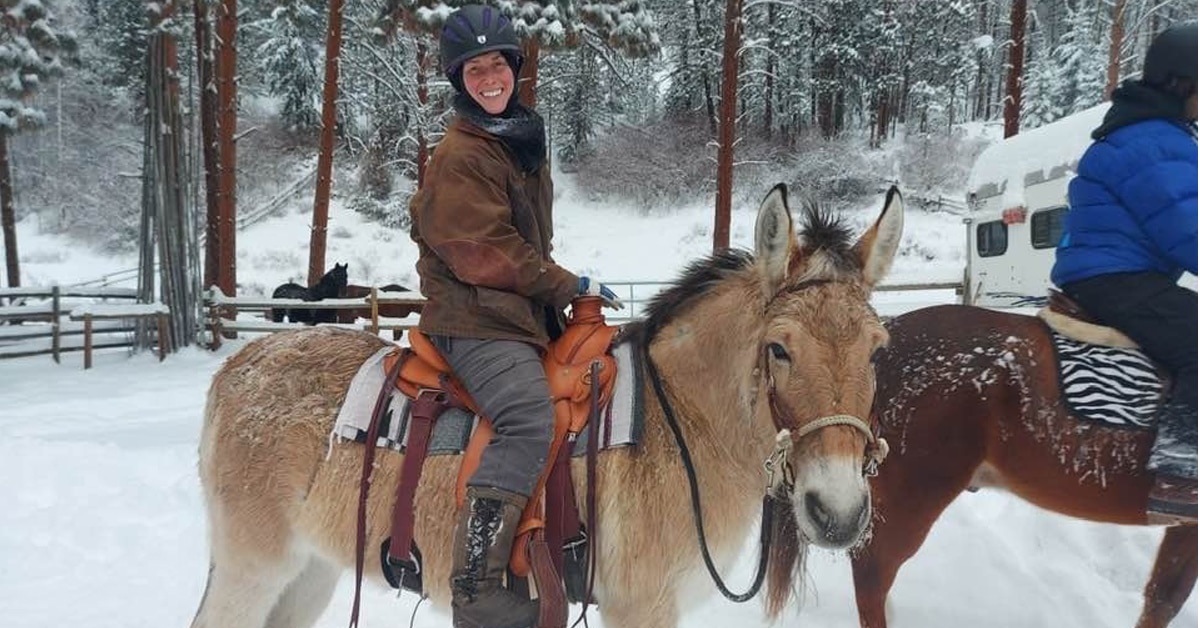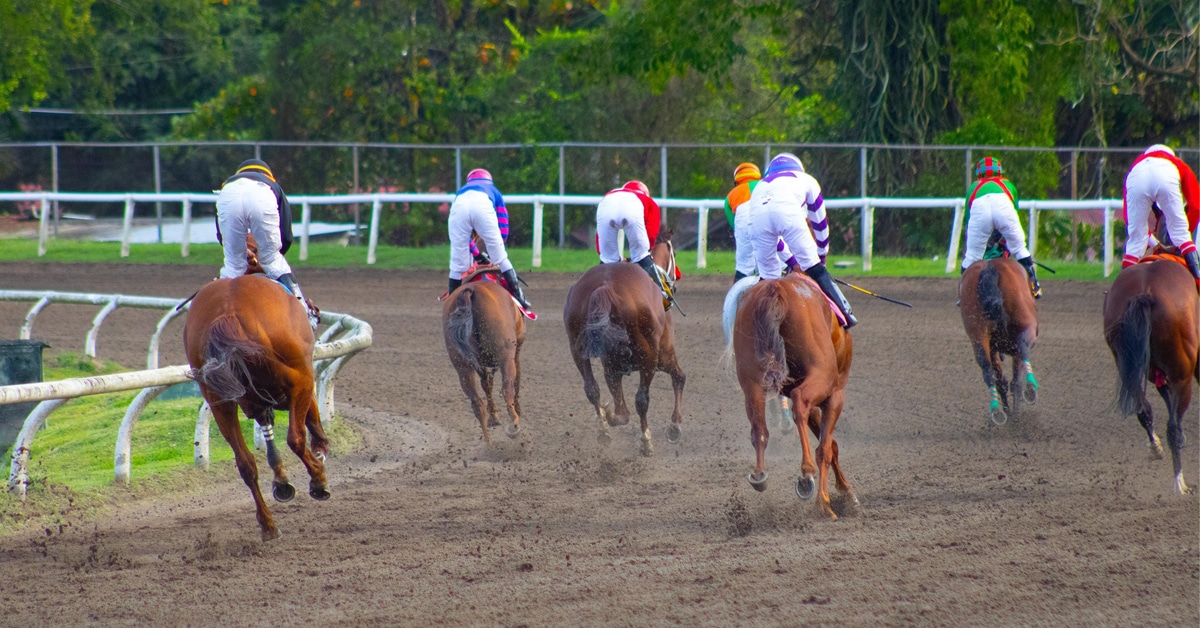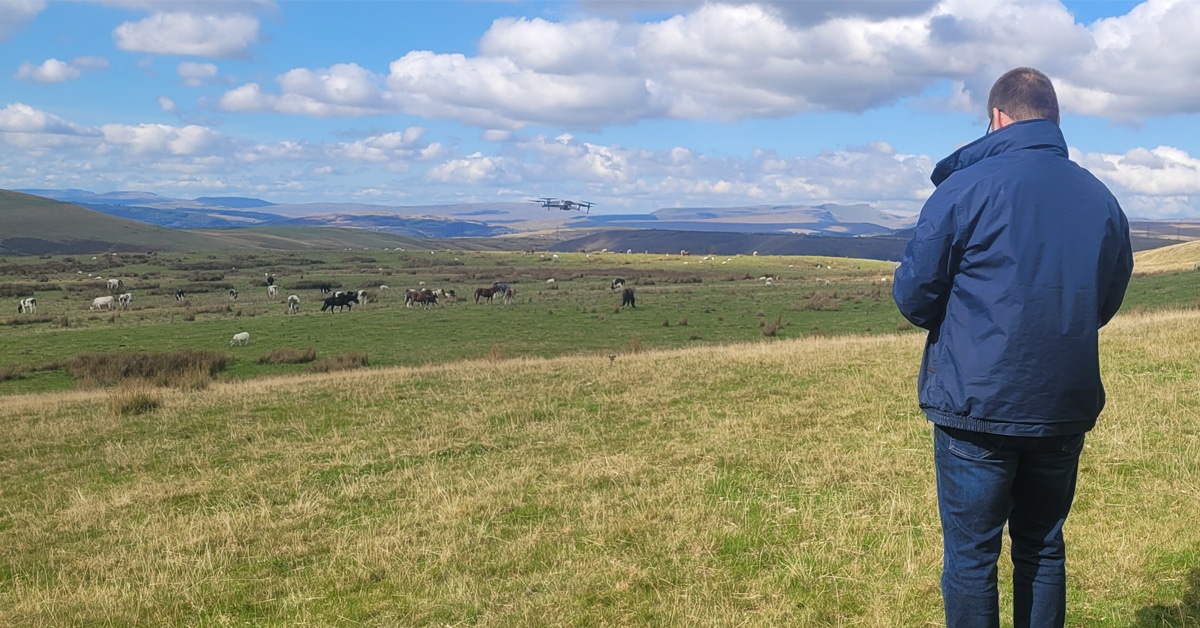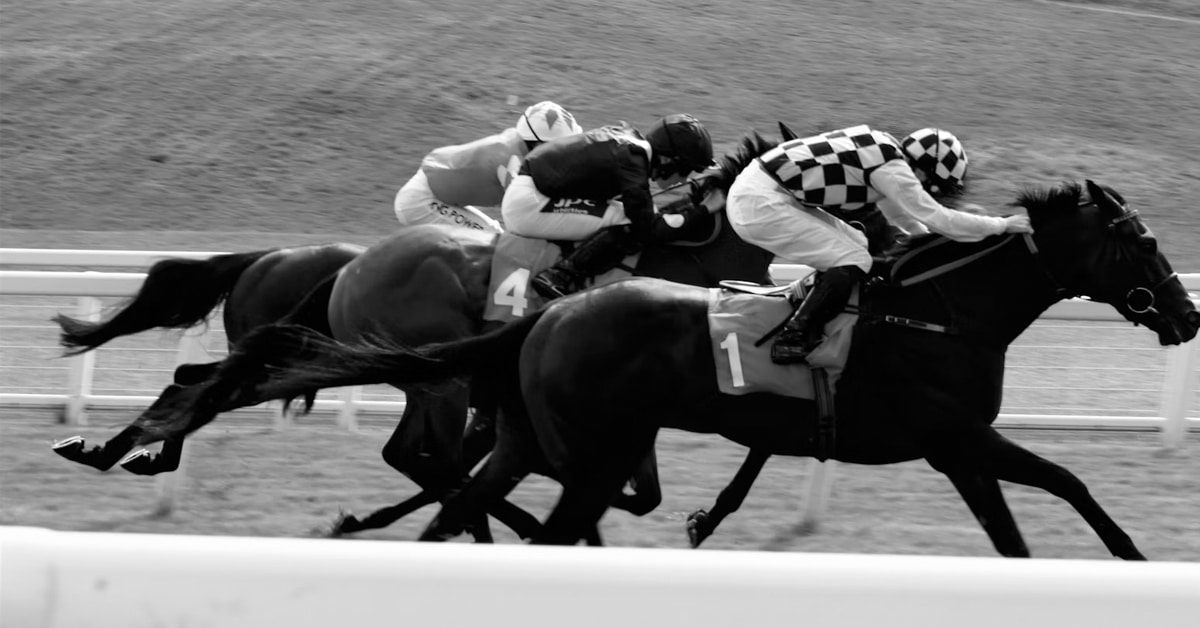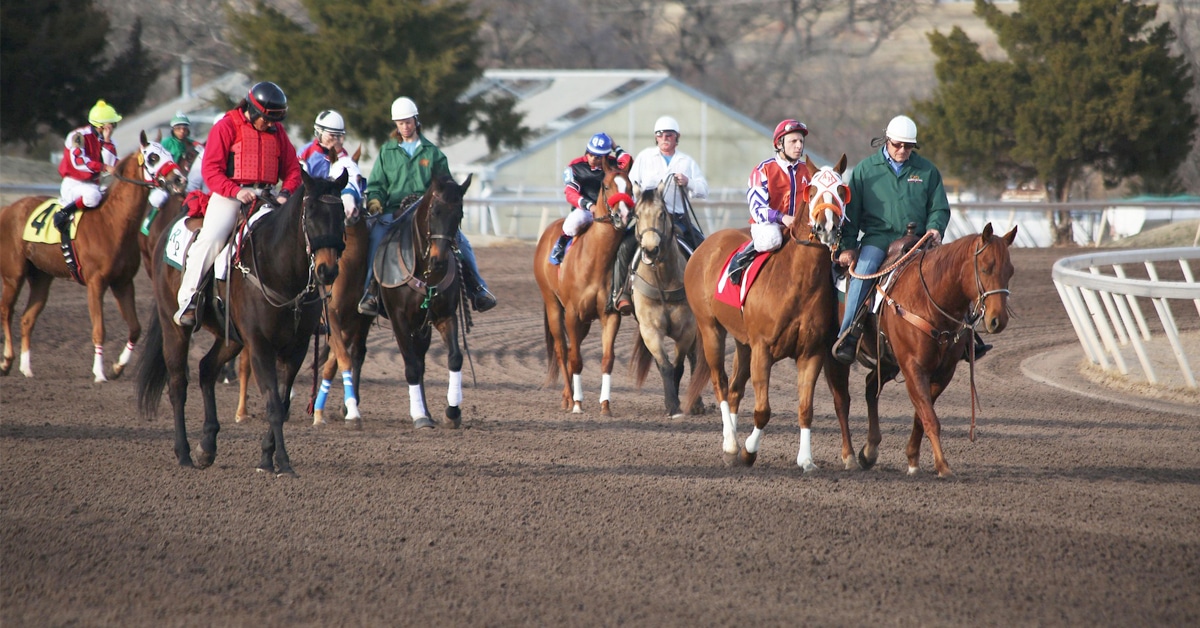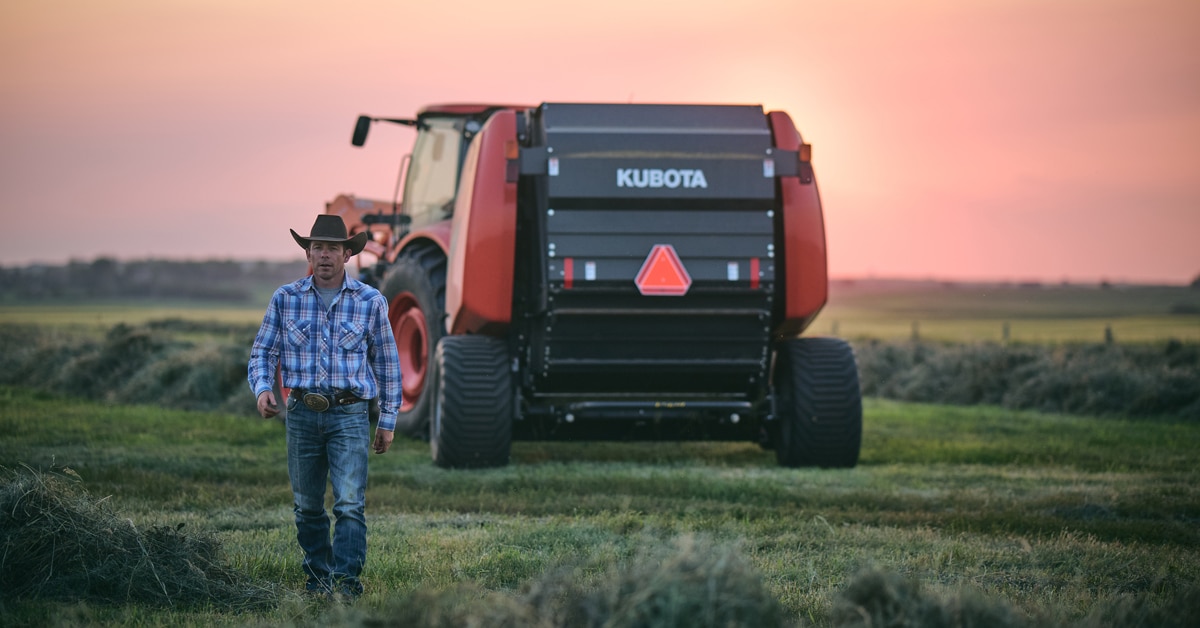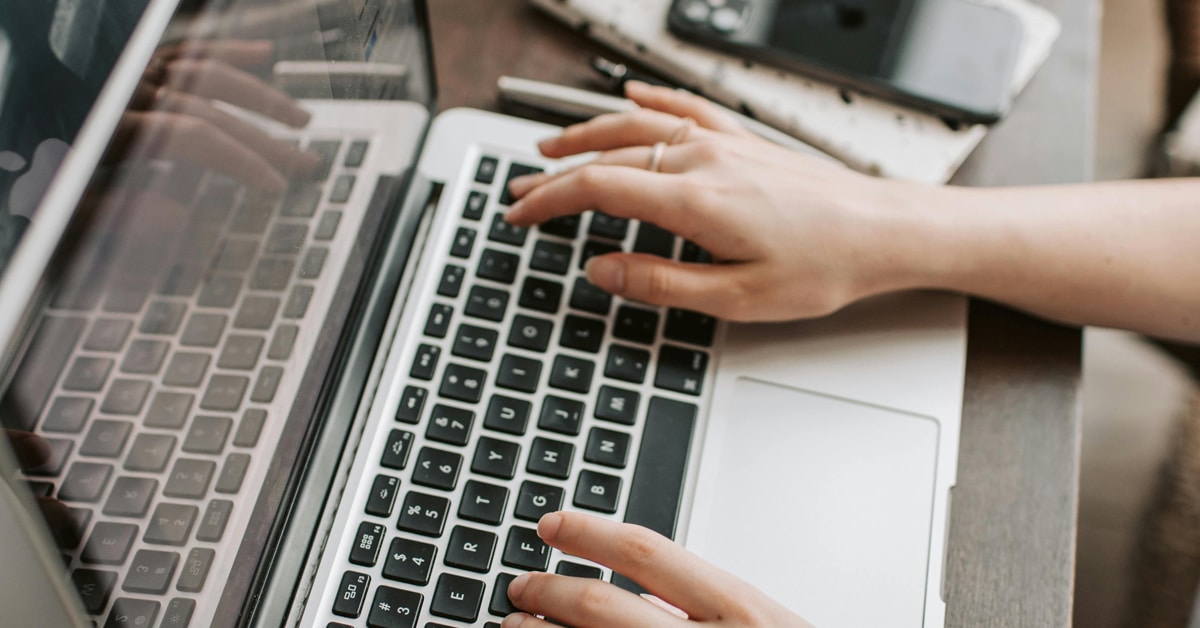Spring is a season of rebirth and renewal that brings with it hope and the start of something new. But this spring, the ongoing stay-at-home and physical distancing orders have strained all of us psychologically and emotionally.
As we horse people know, spending time in the barn and in the saddle is therapeutic, to say the least. Many of us will happily tell non-horsey friends and family that we don’t need a therapist, we have our horse! And it’s not only diehard riders who recognize this; around the world there are Equine Assisted Psychotherapy (EAP) programs for various mental health issues ranging from Post-Traumatic Stress Disorder IPTSD), autism and even eating disorders, to name a few.
Before the Covid-19 pandemic it was estimated that one in five Canadians live with mental health problems, mental illness, or addiction. Since the coronavirus arrived earlier in the year, followed by mass shut-downs of business, recreation and society in Canada in mid-March, there are even greater levels of social isolation, anxiety and stress. One poll found 50% of Canadians said their mental health has worsened since the start of the pandemic.
This week, May 4-10, is Mental Health Week and an appropriate time to understand and learn some coping mechanisms to manage our stress and anxiety during this health crisis.
Striving for Internal Equilibrium
Some horsemen and women aren’t able to ride due to restrictions on the operation of riding stables. Added to this is that many people have lost jobs or aren’t getting paid what they were previously and have to worry about making ends meet at home, as well as their board cheque. To say that spring 2020 is an uncertain time is a grave understatement.
So what can we do?
Alberta-based horseman Josh Nichol, who lives on a ranch where he trains horses and clients in his Relational Horsemanship method, has always valued an all-around approach to health, his own, his animals and his loved ones, but he’s been tested by the pandemic, too.
“Striving for internal equilibrium has been the most important piece of the entire Covid experience for me. In these times, it is all too easy to allow the moment to form and control my thoughts, which can lead to a great deal of fear,” he says. “In order to maintain good mental health, I counter the barrage of negativity swirling around out there by becoming a much more mindful shepherd to my thoughts, and by taking time to pause. By slowing my thoughts down I am better able to keep a sense of peace in my own mind, and I find that I have also been connecting more deeply with my own feelings through this time, which has actually been an unexpected gift.”
Nichol adds that choosing to pause after taking in new information helps him avoid overreactions. “It allows me to decide how I want to respond and to consider whether my response will serve the greater good, or if it is simply an emotional reaction,” he explains. “As the world grapples with this complex and challenging situation, I want to add value, remain calm, and make thoughtful decisions to the best of my ability. I find that reflecting before reacting enables me to do this, though it definitely takes conscious effort at times.”
Mindfulness and Meditation
Mindfulness is one of the tips that many mental health professionals recommend and is included on the Canada.ca website. Mindfulness has been around for decades and is a proven meditation technique that uses focused slow-breathing to bring your attention to experiences and thoughts occurring in the present moment, not judging them, but allowing them to flow in and out of your consciousness. This is tough to do at first, but you can learn it with daily practice, and it does work. There are several apps to help get you started including The Mindfulness App and Calm. If you really want to dig deep you can download Guided Mindfulness Meditation by Dr. Jon Kabat-Zinn, the founder of mindfulness-based stress reduction therapy, and order his book online or on Kindle, Full Catastrophe Living.
‘Catastrophe’ can be an apt word to describe the images we’ve seen from front line workers and patients in hospitals around the globe. But even our day-to-day interactions such as a once simple trip to the grocery store can cause a panic attack. And for many of us the pandemic will leave a lasting mark, including a form of PTSD. In fact, the enormous stress of Covid-19 on the general population has prompted the United States Department of Veteran Affairs to include a page on the virus and PTSD on their website with coping strategies.
Media Overload
Dressage rider and trainer Lori Bell knows firsthand how the pandemic can affect mental health. She shared her saga of racing for the border this past March in a Horse Sport article when she had to leave Wellington with her horses when the Canada-US border was about to close. “For me, the three days of pure adrenaline driving home really brought on the fatigue, depression and anxiety quickly. It was a good two weeks before I felt anything less than exhausted, anxious and really down,” Bell admits. “And then good days and not so good days.”
She says that she’s finally having more good than bad days and found a few things helped get her through it. “I had to put away Facebook and not look at any news. Just the media coverage was enough to send me into a spiral,” she says. “I’m very lucky to be able to continue riding, but there are days when I just don’t feel like it. And so, trying to be kind to myself, I don’t.”
Bell goes on to say that sometimes she just needs a day on the sofa to watch TV. Hugging her husband also helps. She has been practicing being present and accepting what is, using the guidance of German-Canadian spiritual teacher Eckhart Tolle.
Other mental health experts agree with Bell’s practice of putting down the phone and turning off the news to get a break from the barrage of information and misinformation that’s out there. Getting some form of exercise, sleeping well, staying in touch with friends and family via phone or email, and keeping to a structured routine can help balance the negative feelings, too.
But if you are in crisis mode, there is help out there on the Federal government website and at the provincial level as well. Remember we are in this together and before long, as the country slowly emerges from the crisis and enters the “new normal,” we will all be back in the saddle and getting our much-needed dose of Vitamin “H.”
*****
Read Part 1 of this Rider Health series: Fitness Tips from the Pros
The Latest

